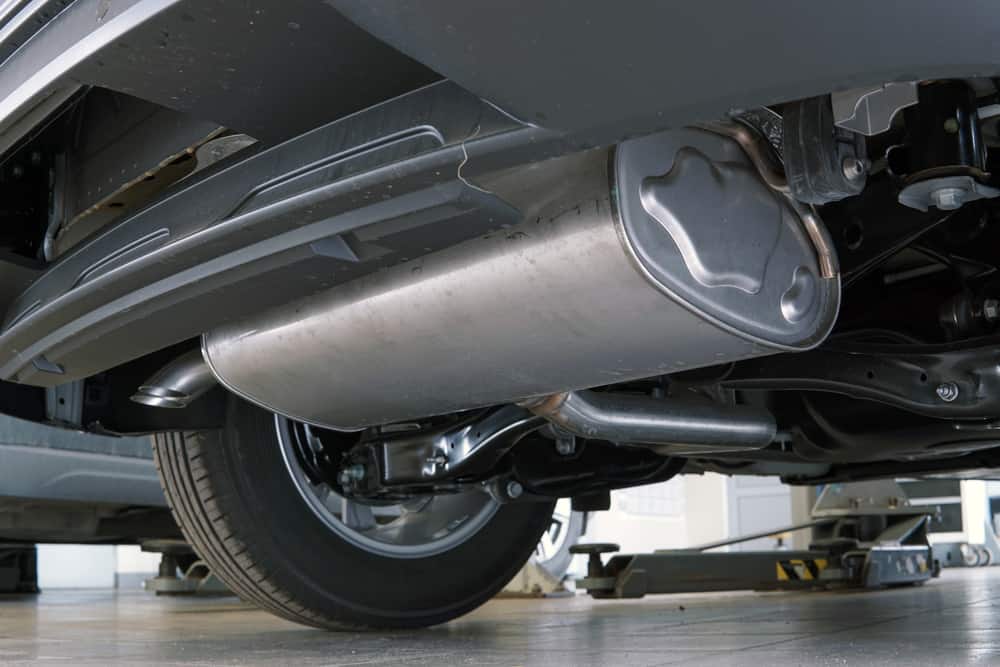A muffler delete can affect gas mileage—but usually not in a significant or predictable way.
Some drivers report a slight increase or decrease in fuel efficiency, but for most vehicles, the change is minimal and often not noticeable in everyday driving.
What Is a Muffler Delete?
A muffler delete involves removing the muffler from the exhaust system, which:
- Reduces backpressure in the exhaust
- Makes the exhaust sound louder and more aggressive
- Slightly alters exhaust flow dynamics
It’s mostly done for sound and performance reasons—not fuel economy.
How It Might Affect Fuel Economy
✅ Potential Slight MPG Increase
- With less backpressure, the engine may breathe a bit more freely
- In theory, this could improve combustion efficiency and slightly increase MPG
❌ Potential MPG Decrease
- Drivers often accelerate more aggressively to enjoy the louder sound, which burns more fuel
- Removing the muffler can negatively affect exhaust scavenging on some engines, reducing overall efficiency
- May trigger engine codes or incorrect fuel mapping if sensors are affected
Key Things to Consider
- Modern engines are tuned for specific exhaust setups—altering that may disrupt balance
- Any MPG change is usually less than 1–2 MPG, either way
- Not legal in some states or cities due to noise or emissions laws
- Could void your warranty or fail inspection tests
Final Thoughts
Yes, a muffler delete can affect gas mileage—but the impact is usually very small and inconsistent.
If you’re doing it for fuel economy, it’s probably not worth it. But if you want a more aggressive sound and don’t mind potential side effects, just be sure to understand the trade-offs before going muffler-free.










